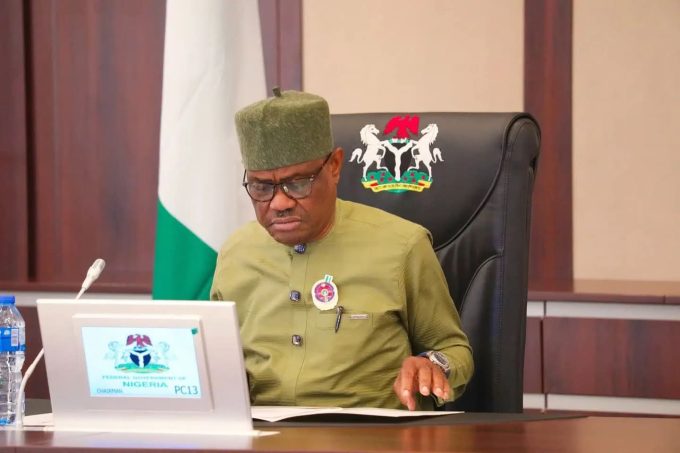The Lagos State House of Assembly is set to pass a bill which will give direction to the state’s dream of becoming Africa’s greenest city.
The bill, among others, is aimed at opening the door to foreign and domestic investors in the management of the environment.
It represents a vigorous environmental legislation which includes an extensive and sustainable waste management plan with a focus on the state’s potential in recycling, waste materials recovery and reduction.
The bill also drives the adoption of innovative technology in tackling environmental problems.
“The environmental bill guarantees core investment protection provisions by giving government-backed guaranteed contracts and enacting mandatory improved standards for the enforcement of the new laws,” a source said.
Creating markets and market places in major industries is one of the Lagos State government’s strategies to promote long-term investments. There is a burgeoning unofficial economy fueled by recycled waste in Lagos. Thousands of waste pickers scavenge the urban spaces for recyclable materials like their peers in Mumbai and Manila, most waste pickers live on landfills while they make a meager living off the recovered items they sell.
However, the waste pickers barely make a one percent dent in the almost five million tons of waste produced yearly by the 22 million people in the megacity. Certain trends have been beneficial to the industry and have increased the demand for waste management services. Notably, the increase in the demand for the collection and processing of recyclable material and RDF (Refuse Derived Fuels) as is the case in Sweden.
One of the major highlights of the bill is the introduction of the Public Utilities Levy (PUL) which will be an annual property-based charge paid into the Lagos State Environmental Trust Fund. The trust fund will bemanaged by a board of SEC regulated, independent trustees from the private sector who are accountable to the people and will ensure the judicious use of resources. The PUL will replace all existing LAWMA charges and will drive the development of advanced technology, fund physical infrastructure and services, help create stable and complementary assets for the benefit of citizens.
The bill also focuses on intensifying efforts in enforcement by commissioning mandated authorities with the undertaking of enforcing fines and other punitive measures for non-compliance. The imposition of stringent penalties is designed to compel citizens to comply with the reforms. It proposes for enforcement to be spearheaded by a rebranded KAI (Kick Against Indiscipline) with a carefully laid out plan for its transformation into the Environmental Sanitation Corps Agency. The Environmental Corps will be supported by PUMAU (Public Utilities Monitoring Assurance Unit) a unit that will have oversight responsibility by using innovative monitoring tools to ensure the new standards are effectively enforced.
The restructuring creates new operational parameters which will see the existing PSPs (private sector participants) working in the commercial and public sectors. The law makes new provisions that protect the interests of existing investments by requiring all commercial entities to have a valid and enforceable contract with a registered operator.
The dynamic opportunities in the waste industry make the currently ineffective and mismanaged industry rife with profitable opportunities. Businesses with the adept capabilities will be able to make significant impact on Lagos’s waste problem and establish a viable business.
Waste Management Co., the leading waste management company in the United States recently announced its 3rd quarter earnings for 2016 were $3.55 billion citing an overall revenue increase of 5.6% from the first half of the year. Republic Services the second largest player in North America has a market capital valued at $19.49B.
Veolia the world’s second largest waste management company has expressed interest in partnering with the State and is expected to be one of such investors. Veolia’s market value is estimated to be over $29 billion.
Incontrovertibly, striking the right balance between a sustainable business model and innovative solutions that address the uniqueness of the Lagos landscape will propel the State towards its development goals.The passage of the bill will signify a monumental victory for environmental and public health advocates who have prevailed on the government to tackle the environmental crisis in Lagos.













Leave a comment